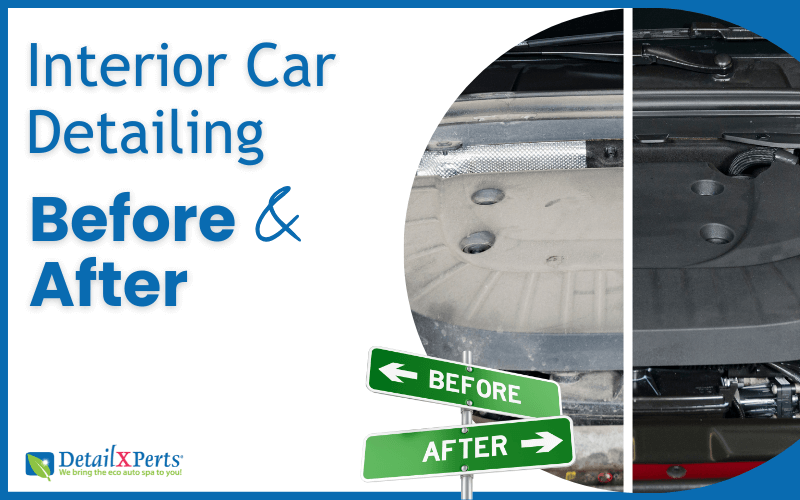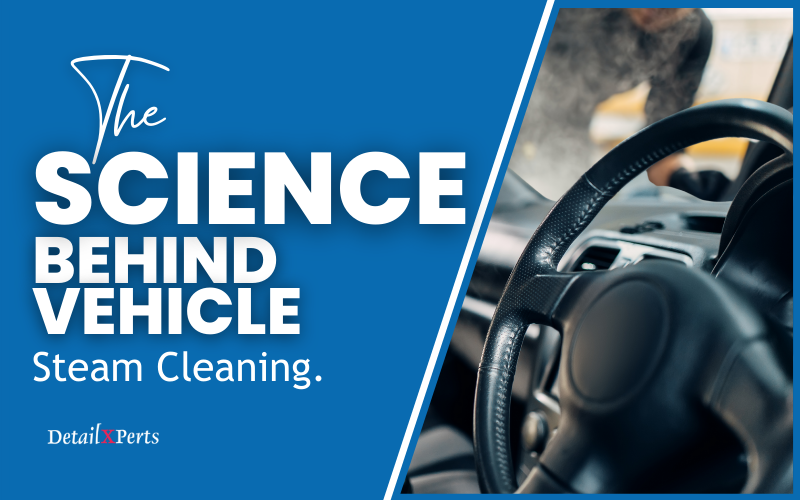We have all heard of the many wonders that steam cleaning technology can do for our car’s engine. Steam is still the most powerful, most environmentally-friendly, and most time-efficient method you can use to clean your car’s tricky components, such as the engine block and chassis. However, is boat engine steam cleaning as beneficial and efficient?
Boat cleaning best practices
Your boat is a significant investment. You don’t want just anybody riding on it, sailing it or cleaning it. But there are certain cleaning jobs that you cannot perform quite as well as the professionals, and boat engine steam cleaning is one of them.
High-pressure steam is very effective in blasting away grease, crud, and other unwanted stuff from your engine, but the machinery may be a bit tricky to operate for amateurs.
Outboard boat engines are pretty easy to clean with steam
because you will have a bit more room to work on it. If you are not careful or you don’t know which parts to focus on, you might end up causing damage on your engine block. You can probably operate a steam cleaning machine for other areas of your boat such as the deck or the superstructure, but leave the engine to the professionals.
Here are some advantages to boat engine steam cleaning:
1. Shorter cleaning time
2. Expert assistance
3. Environmentally-friendly cleaning method
4. Long-lasting effects
5. Better engine performance
On the other hand, you might also have a few reasons for not wanting to resort to steam clean your boat’s engine, such as:
1. Costs more than buying commercial cleaning products and doing the job on your own
2. May harm the boat engine if performed incorrectly
3. Difficult to perform in very cramped inboard engine quarters
If you are a bit wary of using steam technology on your boat’s engine right now, there are other cleaning methods that you can turn to in the meantime. Using a heavy duty marine soap, degreaser, and protectant can also restore your engine block’s pristine condition just as well, but there’s quite a lot of elbow work required. You also need to load up on a variety of brushes (from old soft-bristle toothbrushes to metal bristle brushes) and cleaning rags to help you do the job properly.
Remember that the key to good boat maintenance is in doing the small yet significant preventive steps after every trip, such as washing down the entire boat with freshwater, removing all the trash on board for storage, and ensuring that all parts are in tiptop working condition. You will be able to hold on to your boat for longer only if you observe these best practices.
If you want to call in the professionals, schedule your appointment with DetailXPerts now!





